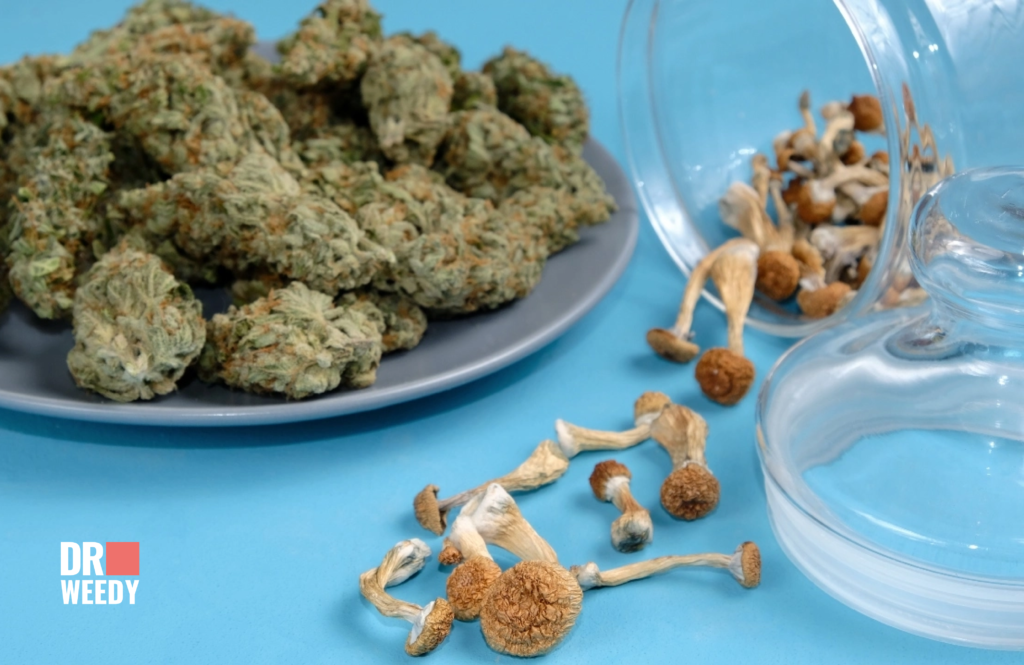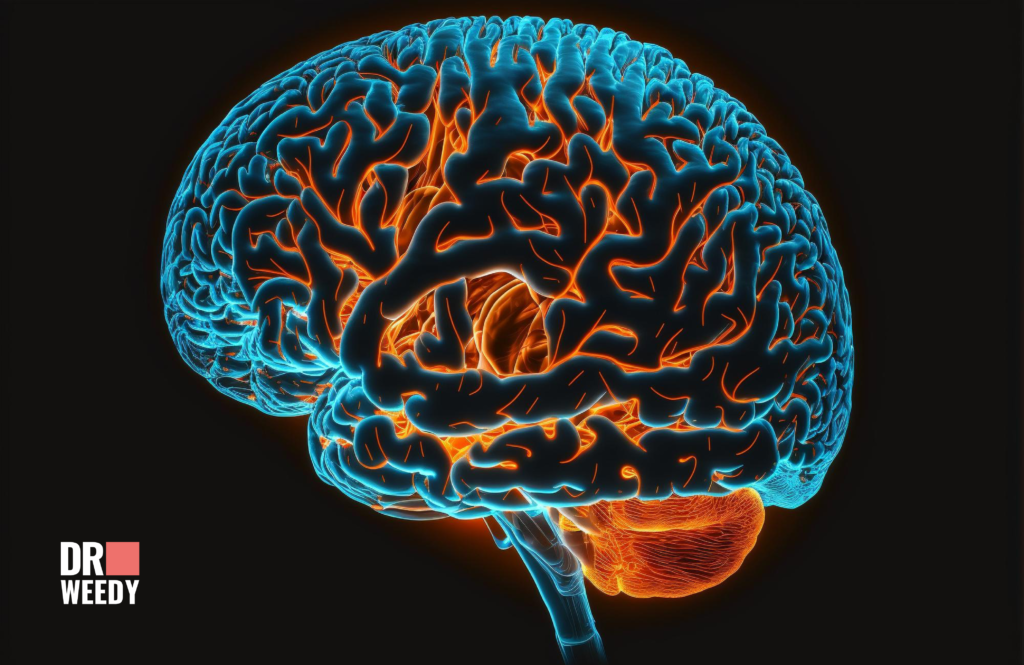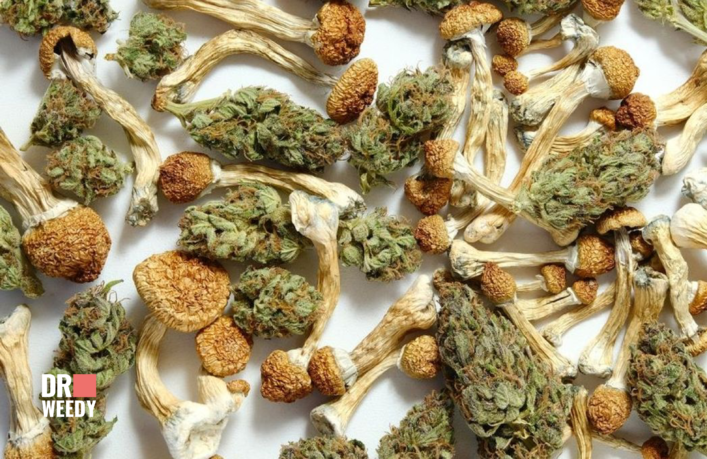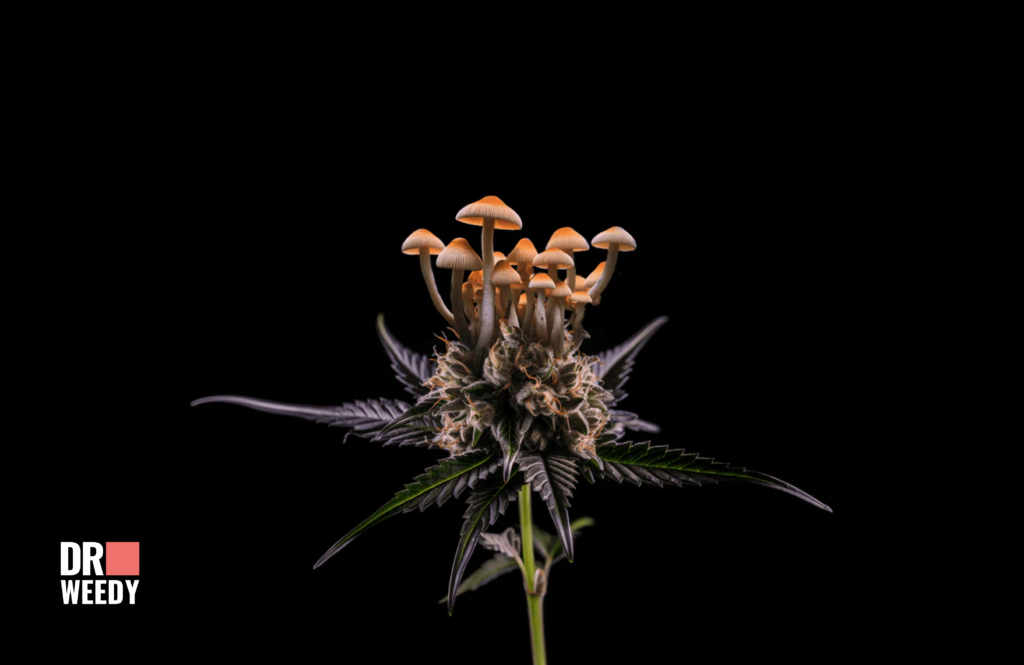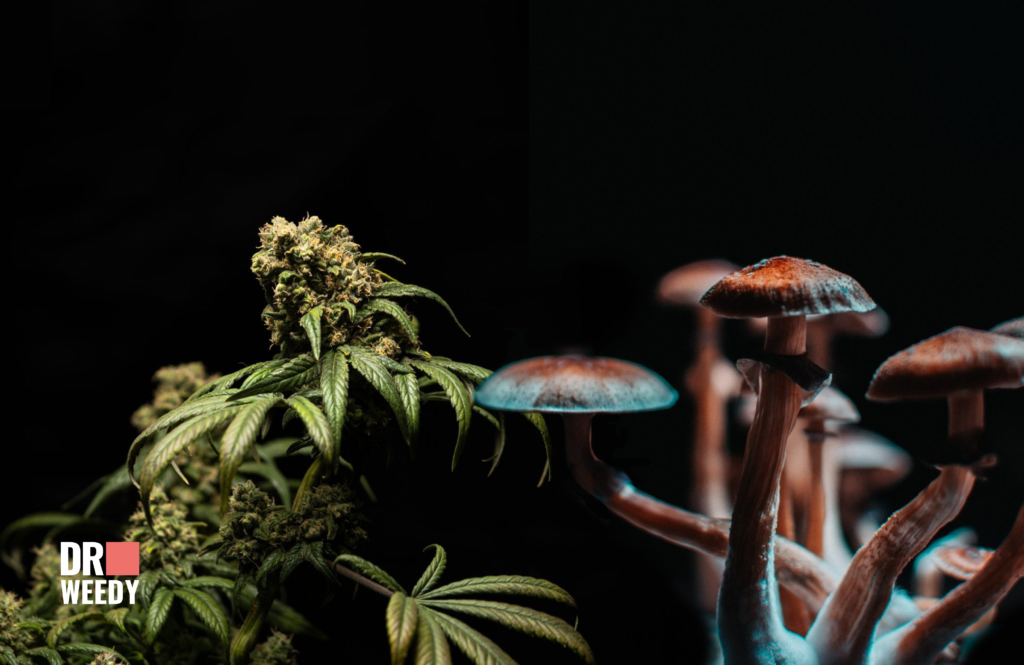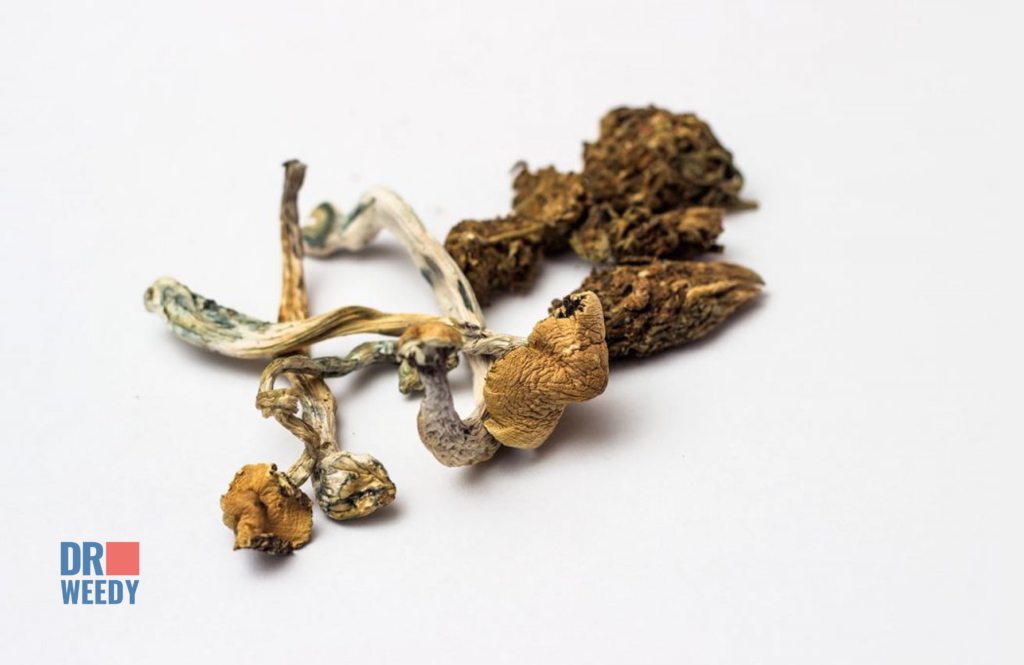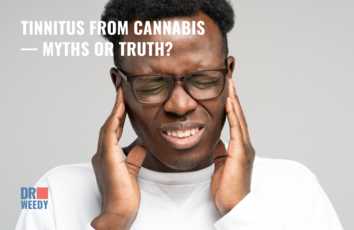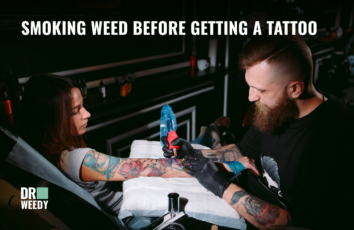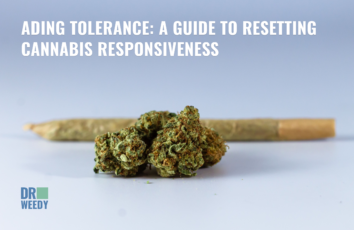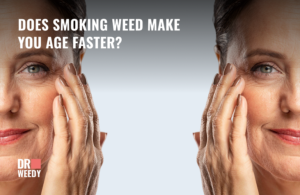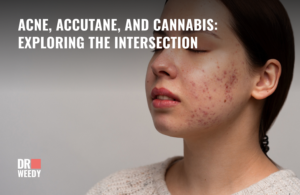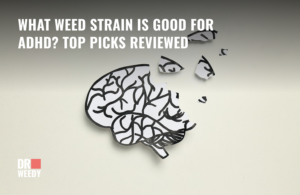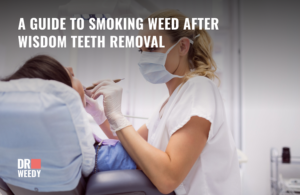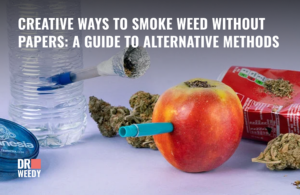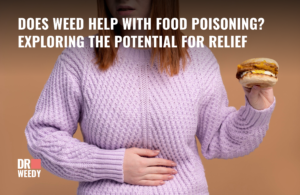Select your state to get medical card online
- California
- Connecticut
- Illinois
- Iowa
- Louisiana
- Maine
- Massachusetts
- Michigan
- Missouri
- Nevada
- New York
- Ohio
- Oklahoma
- Pennsylvania
- Texas
- West Virginia
-
California
-
Connecticut
-
Illinois
-
Iowa
-
Louisiana
-
Maine
-
Massachusetts
-
Michigan
-
Missouri
-
Nevada
-
New York
-
Ohio
-
Oklahoma
-
Pennsylvania
-
Texas
-
West Virginia
Cancel


 Select Your State
Select Your State 





 10 min
10 min
